Busting 3 Myths About Boundaries
If you’ve ever done therapy, you’ve probably learned a bit of the lingo. Words like self-care, codependent, empathy, projection, and boundaries to name a few, are all helpful as we excavate the depths of our inner worlds.
There’s also quite a bit of misunderstanding surrounding “therapy talk,” if you will—especially boundaries. So, I thought we should dig in a bit and gain clarity around the basics of boundaries and the three myths we get duped into believing about them.
If you’re a recovering people-pleaser like me, you’re well aware of how important boundary-setting is as well as integrating that scary little, “no” cringe-word into your regular vocabulary. If I made the hair on your neck stand up just now, I’m so glad you’re here. Read on.
As I’ve worked as a therapist in private practice for over a decade now, I’ve collaborated with countless courageous people longing to feel less resentful and more joyful in their lives. I’ve found that at the heart of this noble pursuit lies the invitation to set better boundaries.
Dr. Henry Cloud, author of the seminal book, Boundaries: When to Say Yes, How to Say No to Take Control of Your Life, describes boundaries:
“Boundaries define us. They define what is me and what is not me. A boundary shows me where I end and someone else begins, leading me to a sense of ownership. Knowing what I am to own and take responsibility for gives me freedom. Taking responsibility for my life opens up many different options. Boundaries help us keep the good in and the bad out. Setting boundaries inevitably involves taking responsibility for your choices.”
Brené Brown says it simply this way, “boundaries tell us what’s okay and what’s not okay.” They also help us teach people how to treat us.
If you’ve struggled with boundary-setting, you may be buying into a few myths surrounding them. Let’s unpack three of them:
Boundaries are selfish. I get it, if you grew up trying hard to please the important people in your life, boundaries may feel a bit self-centered. However, setting boundaries allows us to be truthful and generous at the same time. They actually allow us to give to others over time from a place of grounding and integrity. If you live and give without a margin of time, energy, and resources, you’ll eventually burn out and become resentful.
Boundaries will ruin my close relationships. Wrong again. Boundaries actually preserve the healthy relationships that matter most to you and weed out the ones that are toxic. How? As Dr. Cloud said, boundaries define us. They allow for us to show up more authentically in relationships by taking ownership of our choices and our identities. When we let our “no” be as good as our “yes,” we give others the opportunity to practice their own boundary-setting as well as deal with whatever comes up for them in their process around being told no. People-pleasing is really just dishonesty with lipstick on. Life-giving relationships must be built on truth and trust.
Boundaries are meant for the other person. This is a subtle misunderstanding. We often think we are setting boundaries for the other person in a relationship, however, it’s just the opposite. Boundaries aren’t a punishment for the other person. We set boundaries to protect ourselves and they should be set with our own needs at the helm. Boundaries are meant to protect our time, energy, emotions, joy, and overall health. They help create structure from which to live—a scaffolding of sorts. Think about a dog without a fence. They simply aren’t as happy as when they have the safety and structure of boundaries and the provisions that come along with them to enjoy. You and I have more in common with dogs than you might have known. ;)
So, the question to ponder this week is perhaps: what boundaries do I need to have in place to protect my joy and freedom?
P.S. Want to dive deeper into self-care and the enneagram? Join the Practice today!

